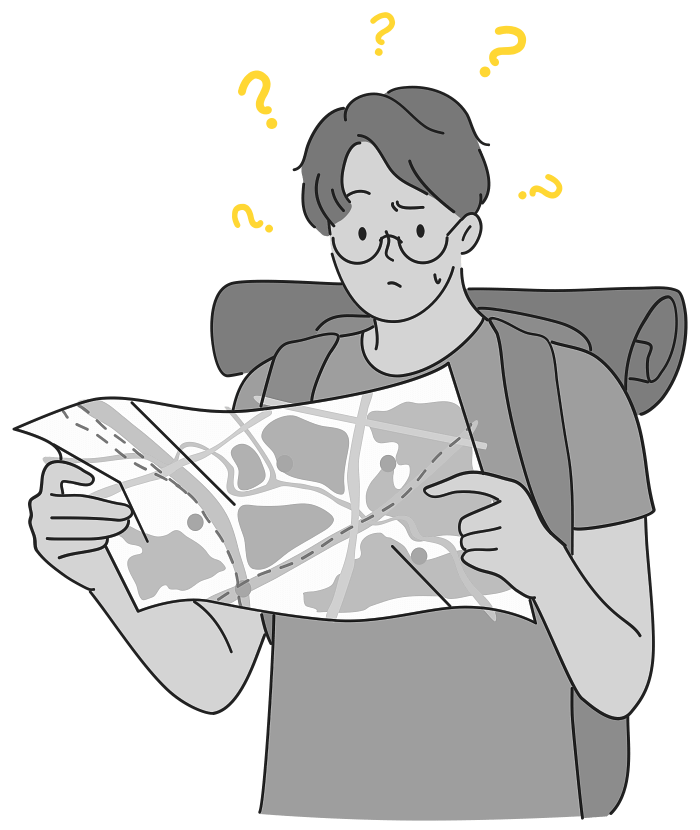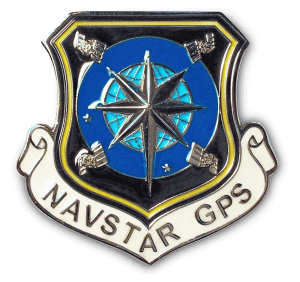Technology has improved so many aspects of our daily lives, that sometimes it's hard to imagine the unplugged world we used to inhabit just a few decades ago. Someone recently made a joke about how not too long ago, we once had to look up directions before a trip, print out a paper Mapquest route and try our best to follow it. And even that was an improvement over the crumpled, dusty map that languished inside the glovebox of our parent's car. Those days are long gone. One 2022 survey by tire retailer United Tires, found that, in the top 20 American cities, 93% of drivers depend on GPS to get around on an almost daily basis.

That makes perfect sense, of course. Plug in where you're headed and you might get a quicker or more efficient route. In a new city and not sure how to get to the neighborhood everyone said you had to visit? Plug it into your phone and you've got the choice between mass transit, car share and even bike directions. Even if you head in the wrong direction or miss a turn, GPS will automatically reroute you. I honestly can't tell you the last time I genuinely felt lost.
Then again, is that a good thing? I mean, no one wants to feel disoriented and astray. It's a scary feeling and for types like myself who hate to be late or worry about making too many mistakes, the ensuing fear and adrenaline are not exactly welcome emotions. It's that uncomfortable sense of not knowing what to do next, not clearly seeing a productive path forward and doubting your own abilities.
Advertisement
But being lost is a part of the process for finding what's important to you. Because if we're never willing to take a risk, we'll never experience any personal growth. And we might miss out on some interesting experiences. Think about it: Your smartphone can easily direct you to the quickest route, but taking it often means you miss out on the best scenery or the ability to slow down and appreciate the local charm.
Plus, our brains are naturally addicted to problem solving, according to Alan Castel Ph.D., a professor of psychology at the University of California. Wh_n you re_d th_s sent_nce, you f_ll in the g_ps. “When you are forced to fill in the gaps, and solve these simple word problems, you actually remember much better what you read when there are these missing letters/fill-in-the-blanks than when you simply read without the challenge of filling in the missing letters,” says Dr. Castel. “You might initially feel you don't understand things, you are guessing at possible answers, but this state of being lost allows your brain to build important 'scaffolds' that lead to deeper learning—learning that is fostered by this initial state of being lost.”
Think about some of your most wild adventures or even your most embarrassing screw ups. We often remember challenges and mistakes we made, and what was learned from these failures. As Dr. Castel puts it: “Sometimes a little failure early in the learning process can be a good thing.” Figuring out your way without the cheat code of technology or Google Maps can be both invigorating and refreshing—as can finding new solutions. Perhaps that's why escape rooms are now so popular these days. So every now and then, give yourself permissions to get a little lost. Take the scenic route and explore, let your mind (and body) wander aimlessly and jump into new adventures without knowing what will come of them. It'll be scary at first, but you'll figure it out. You always do, right?
FYI

GPS was called Navstar in the beginning and the first Navstar satellite was launched in 1978.
Advertisement
































